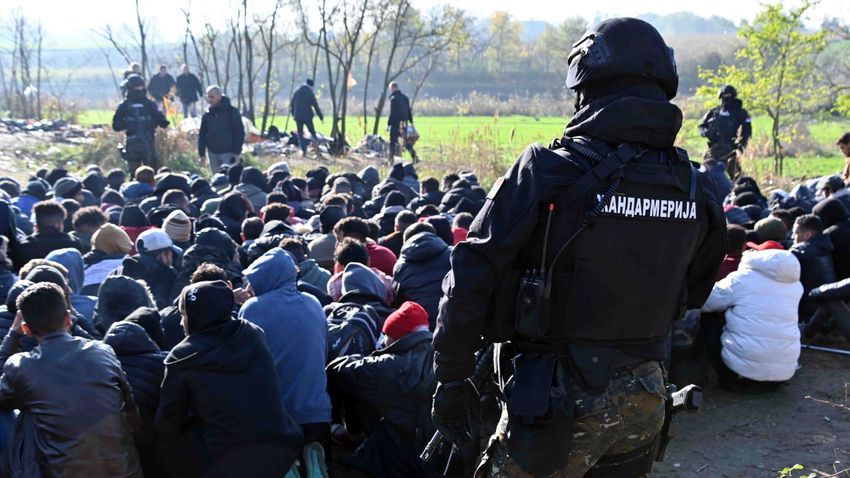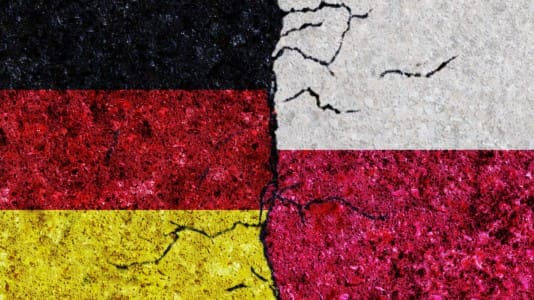Sixty-one suspected members of a migrant smuggling network facilitating the entry of Iraqi migrants into the EU have been arrested in Germany, Lithuania, and Poland, the European Union’s police cooperation organization Europol said on Thursday.
The EU body said the criminal network, made up mainly of Syrian and Turkish nationals, had organized the smuggling of Iraqi migrants from Baghdad to the European Union.
The migrants, recruited in Iraq, traveled by plane via Turkey to Russia and from there were flown to Belarus, before entering the EU via the borders of Latvia, Lithuania, and Poland.
The final destinations were predominantly Germany and Finland.
In more than 100 cases, the criminal network brought groups of migrants into the EU. The suspects demanded between €3,000 and €15,000 from the migrants, with an estimated total revenue stream of over €16 million.
During an operation carried out on Dec. 7 by the Estonian, German, Latvian, Lithuanian, and Polish national authorities, 12 illegal border crossings organized by the group were recorded, during which they attempted to bring 30 migrants into the European Union.
Giving details of the group’s activities, Europol said that most of the people involved in the smuggling of migrants did not know each other personally. The payments were made using a hawala (an informal Arab value transfer system) through intermediaries and cryptocurrency. The drivers, mainly of Ukrainian nationality, were paid in exchange for photographs of the migrants at their final destination.
Europol also reported that some were abandoned after arriving in Belarus. Unable to return home, the migrants organized their own illegal border crossing into the EU. Most of them used one of the many groups available on social media messaging platforms to cross the border, mainly heading to Germany.
The drivers asked for between €500 and €1,000 each.
Migrants reported journeys often in life-threatening conditions. In one case in Germany, a migrant was found dead after being abandoned by the driver due to a serious health condition near the German-Polish border, according to Europol.






